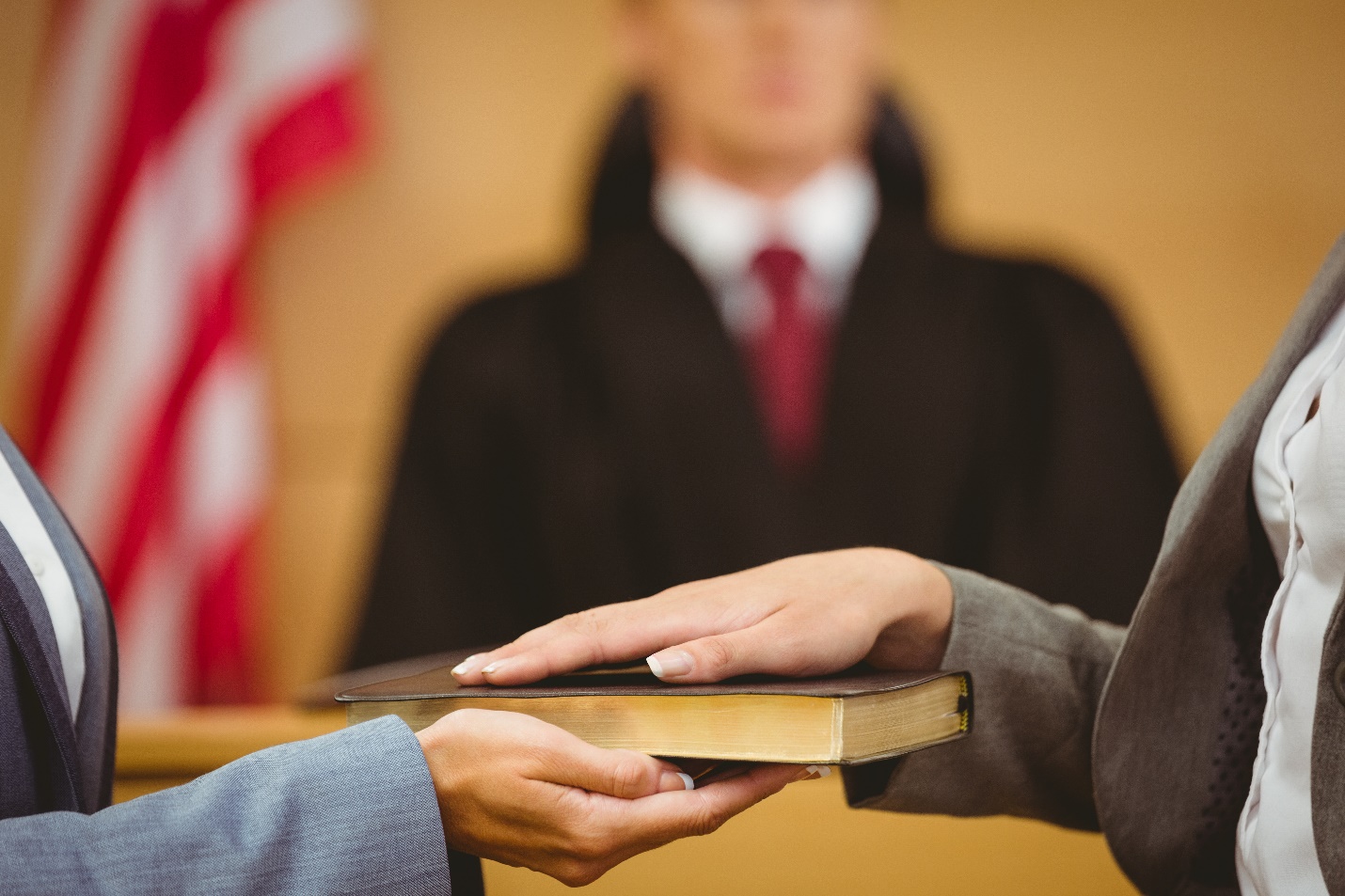Personal injury cases are the most common cases filed annually in the US. Millions of people get injured due to negligence or malpractice. Injuries caused at work, at home, on the road, or from product use can result in a lawsuit.
Personal injury causes financial and emotional strain. Medical bills lost income due to absence from work, and general discomfort and distress mean that individuals who sustain a personal injury due to no fault can claim compensation.
Nearly 50% of personal injury cases result in compensation amounting to $24,000. This is not insignificant and indicates just how high the stakes are regarding such cases. Getting or being denied compensation can completely transform an individual’s life. This is especially true when injury leads to a lifelong disability.
Thousands of lawsuits are filed yearly, yet only 3% to 4% go to trial. Proving personal injury, especially when it involves mental distress, can be an issue. Aside from medical records, witnesses play a key role in providing evidence of personal injury cases.
Role Of Witnesses In Personal Injury Cases
Witnesses play a crucial role in cases involving personal injury. This includes eyewitnesses as well as expert witnesses.
Eyewitnesses are the individuals who were present and can relate the events of the incident. They can help corroborate critical information or provide additional information that aids in clarifying the facts of the case. These witnesses may volunteer or be asked to participate during the trial.
Not every personal injury case needs to have eyewitnesses. There are circumstances where people are hurt, but there are no eyewitnesses.
Personal injury lawyers can always hire expert witnesses. These professionals in specific fields can testify on behalf of one of the parties, either the plaintiff or the defendant. Medical professionals, law enforcement officials, and motor vehicle experts are a few examples of such experts.
Expert witnesses may use their knowledge to shed light on the sequence of events and help determine where the fault lies.
Etiquette Towards Witnesses In A Personal Injury Case
Now that you know how crucial witnesses are to any personal injury case, knowing how witnesses must be treated is essential. Gain insights now on how lawyers should behave when interacting with witnesses:
Be Kind And Respectful
It does not take much to be kind or give respect to someone. However, doing so is integral to being a professional and a good human being in general. Expert witnesses are paid professionals, but they are masters in their field. Their insight and assistance can mean a lot.
As for eyewitnesses, they do you a favor by partaking in the case without compensation. They must take time out of their daily life to attend to the case. This should not be taken for granted.
Even if a potential witness initially agrees but backs out of the case, they are entirely entitled to do so. As private citizens, they have the right to decide for themselves, and as a lawyer, it isn’t our duty to respect their decisions.
Be Professional
Dealing with witnesses is an art. As a lawyer, it is not your job to coach the witness or ask them to exaggerate or withhold any information pertinent to the case.
A good lawyer does not need to go to such lengths. You should be able to ask questions in such a way that helps your case. Introduce yourself to the witness and request them to do the same. You can then proceed to question or cross-examine them.
Keep your line of questioning strictly focused on the particulars of the case. Avoid getting personal information unless required for the sake of building a case.
Let The Witness Feel Comfortable
Testifying in a trial and being subjected to questioning and cross-examination is not a pleasant experience. You must make the witness feel at ease by phrasing the questions appropriately. Witnesses must know they are free to communicate with you without hesitation.
The more aware lawyers are about the facts of the case, the better they can understand the situation and strategize their case. The information witnesses may provide is critical. Sometimes even a minor, easily overlooked detail may flip the case. So, witnesses should feel confident in being open and forthcoming with the information. They will only do so if they feel comfortable.
Prepare The Witness
This is not the same as coaching the witness or making them say what you want. Instead, your job as a lawyer is to debrief the witnesses so they are fully aware of the legal process.
It can be jarring for an average person since they are not well-versed in court etiquette. Having your witness behave well and act under the rules and procedures of the court has a positive impact and adds credibility to your case.
Arrange For Help If Necessary
You may need to get help for your witness. Many personal injury cases involve horrific accidents, like motor vehicle collisions. Witnessing such an event can have an adverse impact.
Your witness may need help from a therapist to overcome the trauma. While it is not compulsory, it will be helpful. The witness may not testify, as reliving the experience may traumatize them. So, arranging for help is a good idea.
Making A Winning Case
Personal injury lawsuits require a lot of effort and hard work, much like any other case. As a lawyer, you need to go over every detail, no matter how insignificant it may seem.
Often, the testimony of a witness, expert or otherwise, can make or break a case. Treating witnesses with respect and dignity and creating an atmosphere where they feel protected enough to relay their version of events is necessary.
The same treatment should be applied, whether your witness or the other party’s witness. You can ask tough questions, but berating or demeaning a witness is undesirable. It creates a hostile environment and intensifies the tension in such cases.
The job of a lawyer is to act as a representative of their client. Your behavior should be graceful and reflect sincerity to make your case strong. Treatment of witnesses is an integral part of your character as a lawyer.





